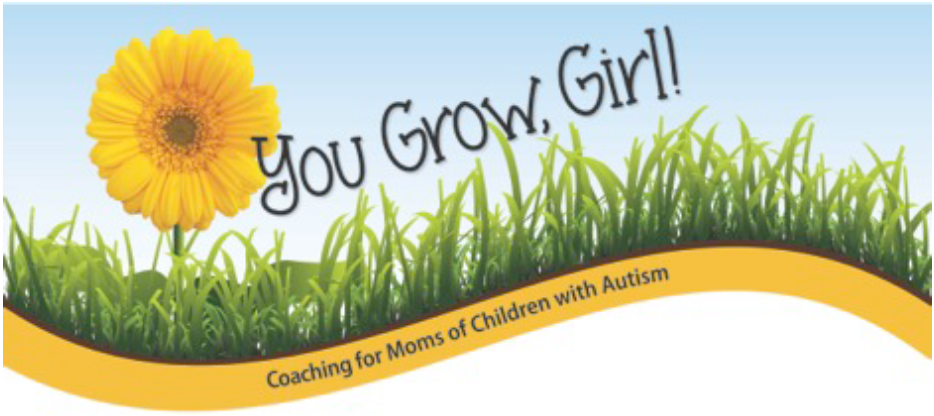A Coaching Model Created by Sue Simmons
(Life Coaching, CANADA)
A Coaching Model for Moms of children with ASD
Background:
A Mom’s wellbeing is central to the overall health of her family. I’m sure most would agree. For Moms of ASD children, it’s even more critical.
Having a child with ASD can be incredibly challenging, as you might imagine. Most of us know at least one family affected by autism. I’ve experienced it firsthand. My son was diagnosed with Asperger’s Syndrome at the age of 5. The years leading up to, and following his diagnosis, were the darkest days of my life. As a woman and Mom, I suffered terribly. The impact on my entire family, not to mention my son and then oneyear- old daughter, was immense. It took ages before I recognized how my wellbeing could make or break our family’s functioning.
It’s impossible to parent a child on the spectrum as you would a typical child. This is a result of the child’s neural makeup, and the ensuing “gaps” in his or her development.
Challenges in information processing cause autistic children to struggle with anxiety and “fight or flight” reactions on an ongoing basis. Therefore, parenting loses its intuitive nature. Here’s how this shows up in the relationship between parent and child:
Therefore, they do not possess the resilience that their typical peers do. This often leads to meltdowns and other related challenges. Sadly, these children have a disproportionate number of memories related to failure. This leads them to seek out “safe, static” activities such as electronics, and to attempt to control their environment.
In order to avoid uncertainty, they become even more resistant to novel experiences and opportunities for growth.
The end result?
Parents feel chronically helpless and frustrated. They often believe they have failed, although their predicament likely has little to do with them as parents. As I often tell my clients, the best-read, most patient and resourceful parent would likely be little further ahead, without effective intervention.
Why focus on Moms versus couples?
Most Moms are at the helm of treatment needs for an ASD child. In addition, Moms have a special connection with their children; they are often in-sync energetically. They are often chronically depleted; physically and spiritually, which can have serious implications. Rarely, do ASD Moms have access to effective and knowledgeable resources to address their own needs. Furthermore, they fail to see the importance of tending to them. It brings to mind the example of air travel; airline attendants instruct parents to secure their own oxygen masks before their child’s. Ironically, this scenario is almost identical. Even if effective intervention for a child is not yet in place, by supplying “emotional and physical oxygen” to Mom, the entire family can stabilize and move forward.
Note: While the picture I have presented may seem bleak, with proper intervention I am incredibly optimistic regarding potential outcomes for all family members. Autism is no longer considered the “life sentence” it once was. For further information, I invite you to visit my website, www.equinoxac.ca.
“You GROW, Girl!” Model:
I see the initial phase of coaching as an opportunity for a Mom to “decompress” and ground herself. I anticipate it will bring relief to know that she can express her fears and frustrations to someone that has walked in her shoes.

 Depending on circumstances, this phase of coaching may be blended. One of my skill sets brings extensive knowledge in settling things at home and addressing challenges of many types. I anticipate that many Moms will have belief systems that relate to failure versus success. There is tremendous potential to reframe negative thinking regarding present circumstances.
Depending on circumstances, this phase of coaching may be blended. One of my skill sets brings extensive knowledge in settling things at home and addressing challenges of many types. I anticipate that many Moms will have belief systems that relate to failure versus success. There is tremendous potential to reframe negative thinking regarding present circumstances.
Having made improvements in self esteem and with a more peaceful/positive frame of mind, receptivity to positive shifts should be more possible. At this point, forward motion is the goal. My hope is to enable a Mom to build her own “tool box” of strategies; to develop awareness of previous patterns, shift, and self advocate.
Willingness to stretch and grow further is a beautiful by-product of memories of competence and success. Taking time to acknowledge accomplishments will ensure further self-care and self-advocacy. A focus on structures to ensure and maintain successful outcomes will be critical. Awareness of how physical and emotional growth has positively impacted the client’s family system will build confidence and inner peace.



